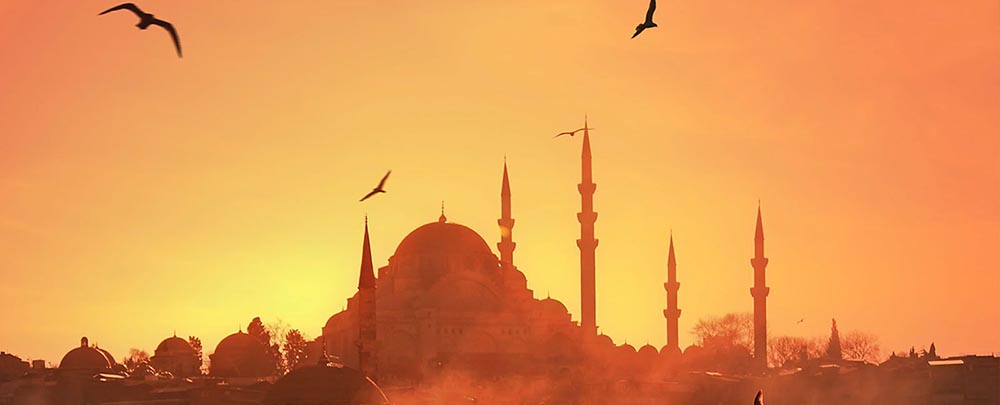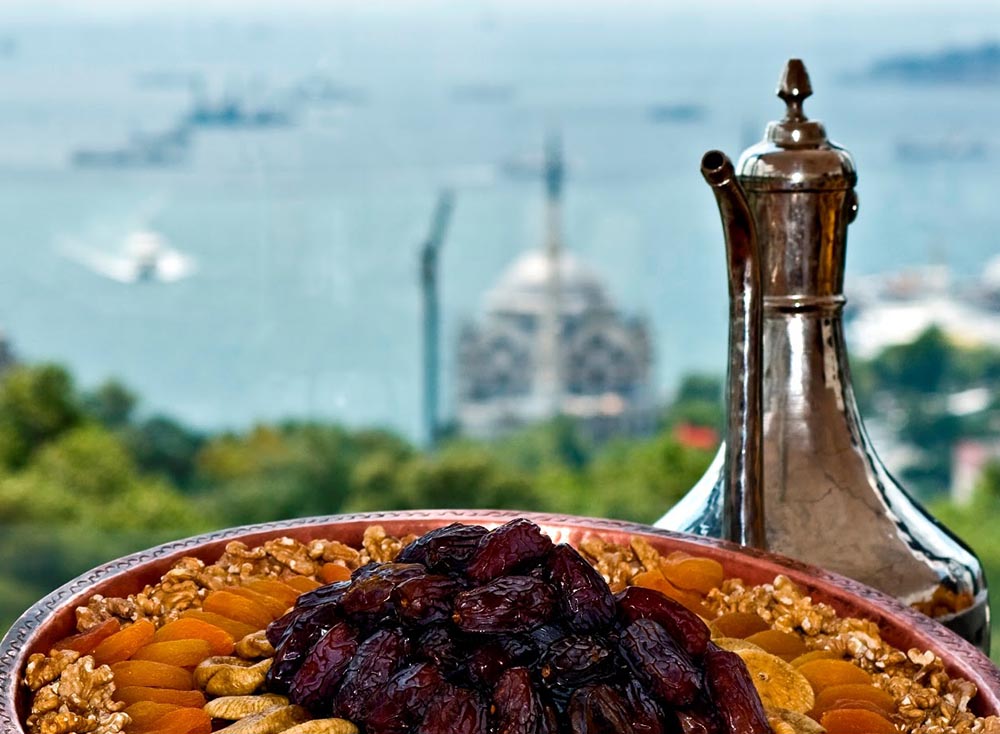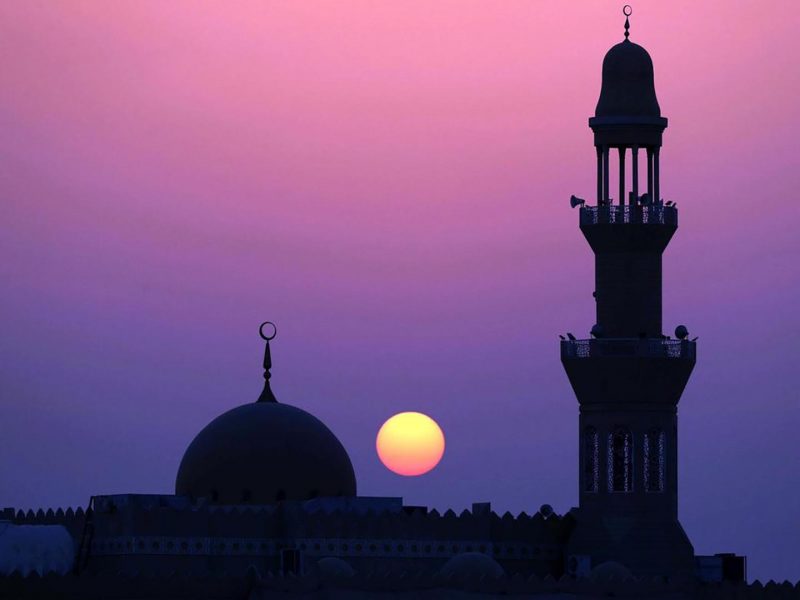Accepted as sacred, Ramadan is the ninth month of the year according to the Muslim calendar. This month is of great importance and has distinct features compared to other months in our religion. The reason is that our holy book, the Koran, started its descent to the earth in this month. Qadr Night during Ramadan is believed to be more valuable than a thousand months. As we fast during Ramadan month, avoiding eating, drinking, smoking, and even sex, we accept this abstention as the sultan of eleven months.
Qadr Night is mentioned in the Koran and takes place during Ramadan month. However, it remains vague as to which night is actually Qadr Night because every night during Ramadan should be spent praying. To that end, it is not obvious which night it is, yet there are strong signs that it takes place in the last ten days of Ramadan month, in particular in the odd-numbered final nights of Ramadan. In fact, the Prophet Muhammad woke his family up during these 10 days and wanted them to pray.
Fasting is done only for a month during Ramadan and it is one of five pillars of Islam. With the aim of worshipping and serving God, fasting starts at dawn and continues until sunset. People do sahur (a meal eaten before starting the fast of Ramadan), where followers intend to fast, eating and drinking nothing, as well as avoiding other stuff that will break the fast, until iftar. It is safe to say that people must have command of their willpower during fasting.

Qadr Night is mentioned in the Koran and takes place during Ramadan month.
İftar is when people complete their daily fast and are allowed to eat and drink after sunset. Hosting a fast-breaking meal during Ramadan is very valuable; in fact, it believed that sins of a person will be forgiven if they host a meal for their guests in Ramadan. Besides, the host gains as much sevap, or good deeds, as the guest.
There are some salaats (prayers) performed in Ramadan, done in different times than the normal salaats. Tarawih prayer is performed, as it is believed to be the divine gift of Ramadan. Reading the Koran and spending most of the time praying will strengthen faithfulness.

İftar is when people complete their daily fast and are allowed to eat and drink after sunset.
Breaking the fast intentionally has a punishment, which is the redemption fast. However, breaking the fast unintentionally doesn’t affect the fast. These acts include: Eating or drinking while forgetting the fast; taking a shower; intending to break the fast but not doing so; taking pills that keep people full during sahur; vomiting a bit intentionally; mouthful vomiting unintentionally; smelling flowers or cologne; tasting a meal without swallowing the food; water that gets into the ears; swallowing dust or smoke through the nose or mouth unintentionally; giving blood; using eye drops; having a tooth pulled without injection, and swallowing food particles left between the teeth.

